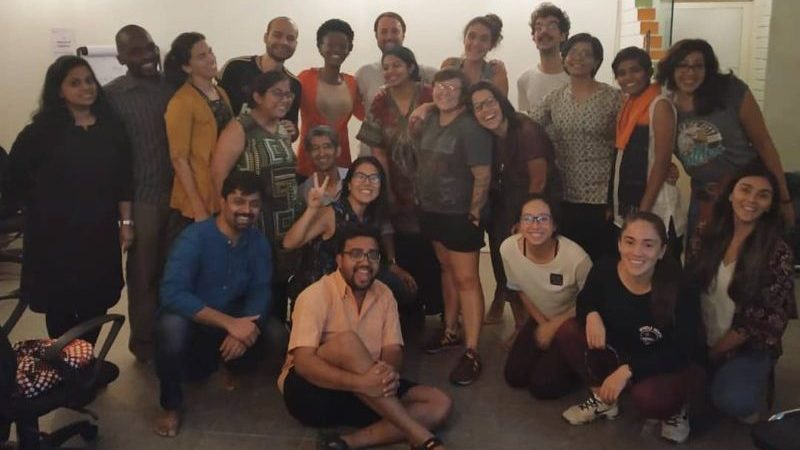By: Fiona Vaz
Seven years ago, when I was vice principal of a school in Mumbai, I was completely new to the concept of leadership. Never mind that I had just graduated from a fellowship programme which used teaching and service as a vehicle to train youth in leadership. I had passed with flying colours I thought. I had learnt to make effective lesson plans, logical long term plans, had piloted a teacher development programme, created some very creative assessment methods and most of all, my students saw in me a person they could trust. I was pretty sure that I had made a positive impact in my students’ lives and become the leader the programme had envisioned.
However, when I took over the position of Assistant School Leader, and was introduced to 30 staff members who knew exactly what they were doing, I was at a loss. I couldn’t get my 25-year-old self to provide feedback to a teacher who was double my age and had probably taught for as long as I had lived. Every leadership programme I was part of, thereafter, I went with only one question- how can I lead people who are far more experienced than me? What value could I ever add?
Since then, the quest has been on. What kind of leadership inspires me? Which leaders would I like to emulate?
Just like children learn values and behaviours by imitation, I think people follow leadership skills by observation. Often, I see that team members did exactly what their leaders did. Culture, like Rizwan Tayabali, our most recent guest instructor and CEO of Make A Difference says, is top down. One can conclude that whatever behaviours take place until the lowest level of the workforce have the sanction of the leadership- whether the leaders influences it or not. As even if a leader does not influence something, someone else surely will.
In the past four months of Amani’s Social Innovation Management Program, I have been able to see different people exhibiting various aspects of leadership. Leaders leading by values- them apologizing to someone when they had caused them hurt, our faculty leading through their expertise and vision. But what has really stayed with me through the copious notes I have taken in classes and upon reflection, is that deep within, all of them are just good people. They just lead through their authentic selves- honestly addressing issues, courageously dreaming big on behalf of all of us or displaying excellence for us to match.
I remember speaking to Kiran Bir Sethi when I was on my aforementioned leadership quest. I asked her how she leads so many teachers. She simply said that she does it with moral authority. She practices what she preaches, walks the talk. Leading with moral authority- a phrase that has stuck in my mind. Leading by example. Leading with utmost integrity.
Amani believes in bringing real life practitioners to the learning space as that, according to them, enables readiness for real life challenges. It’s wonderful how with every leader they invite into the classroom; they also bring in a model for us to follow.
Fiona Vaz is originally from Mumbai, India and is an Amani Social Innovation Management Fellow in Bengaluru, India.





